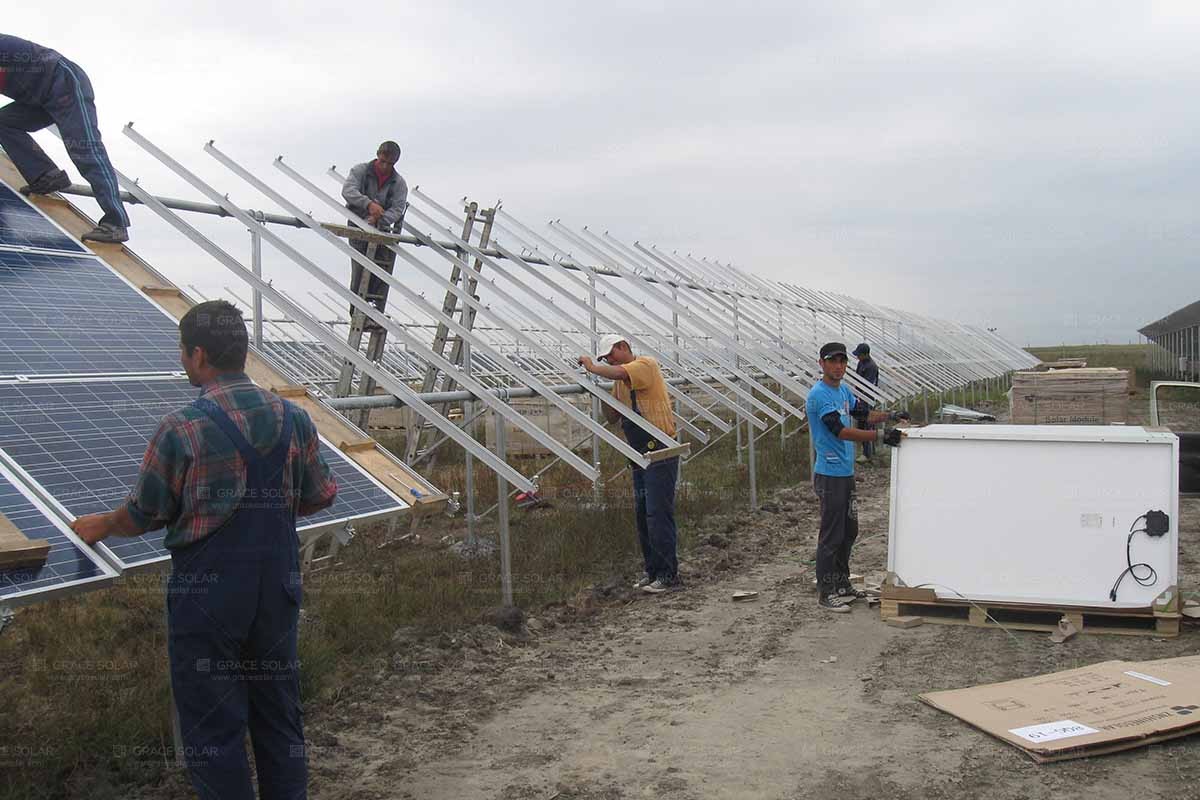Biden backs solar and vetoes AD/CVD waiver removal
President Joe Biden has vetoed the proposal by the Senate and the House of Representatives to revoke his two-year waiver on Southeast Asian solar PV imports.
 The President’s veto will uphold the moratorium on imports from Vietnam, Thailand, Malaysia and Cambodia through 2024 and prevent what the Solar Energy Industries Association (SEIA) predicted would be US$1 billion in retroactive tariffs on US solar companies and gigawatts of cancelled or delayed projects.
The President’s veto will uphold the moratorium on imports from Vietnam, Thailand, Malaysia and Cambodia through 2024 and prevent what the Solar Energy Industries Association (SEIA) predicted would be US$1 billion in retroactive tariffs on US solar companies and gigawatts of cancelled or delayed projects.
The veto was expected after the motion passed through the Senate a fortnight ago; a two-thirds majority in both the Senate and the House of Representatives is now the only way to overturn the decision.
The tariffs themselves – named the antidumping and countervailing duty (AD/CVD) tariffs – have been a long-unfolding saga in the US over the last year. In December the Department of Commerce (DOC) found over 20 Chinese companies guilty of evading import tariffs by channelling operations through Southeast Asia, which was followed by the first attempt to reinstate the taxes in January.
The blow-by-blow story of the AD/CVD tariffs can be found in PV Tech’s coverage here.
Of Biden’s veto, CEO of the SEIA, Abigail Ross Hopper, said: “This action is a reaffirmation of the administration’s commitment to business certainty in the clean energy sector, and a signal to companies to continue creating jobs, building domestic manufacturing capacity and investing in American communities.”
She added: “The Commerce Department’s solar tariff case effectively shut down the solar industry last spring, and the short-term tariff pause was strategically implemented to both allow project development to continue and create a bridge to a domestic manufacturing future.”
Biden himself said that the waiver would allow “a thriving solar installation industry ready to deploy American-made solar products to homes, businesses and communities across the nation.”
The waiver was intended as a ‘bridge’ to allow the US’ solar industry to ramp up its manufacturing capacity with Inflation Reduction Act (IRA) incentives before the tariffs come into force in 2024. Opponents of the President’s decision said that this leniency allowed Chinese companies to violate US trade law and undermined American jobs and businesses.
Currently, the US sources 80% of its solar panels from those four Southeast Asian countries and many domestically-produced products are yet to become ubiquitous or cheap enough to compete.

The veto was expected after the motion passed through the Senate a fortnight ago; a two-thirds majority in both the Senate and the House of Representatives is now the only way to overturn the decision.
The tariffs themselves – named the antidumping and countervailing duty (AD/CVD) tariffs – have been a long-unfolding saga in the US over the last year. In December the Department of Commerce (DOC) found over 20 Chinese companies guilty of evading import tariffs by channelling operations through Southeast Asia, which was followed by the first attempt to reinstate the taxes in January.
The blow-by-blow story of the AD/CVD tariffs can be found in PV Tech’s coverage here.
Of Biden’s veto, CEO of the SEIA, Abigail Ross Hopper, said: “This action is a reaffirmation of the administration’s commitment to business certainty in the clean energy sector, and a signal to companies to continue creating jobs, building domestic manufacturing capacity and investing in American communities.”
She added: “The Commerce Department’s solar tariff case effectively shut down the solar industry last spring, and the short-term tariff pause was strategically implemented to both allow project development to continue and create a bridge to a domestic manufacturing future.”
Biden himself said that the waiver would allow “a thriving solar installation industry ready to deploy American-made solar products to homes, businesses and communities across the nation.”
The waiver was intended as a ‘bridge’ to allow the US’ solar industry to ramp up its manufacturing capacity with Inflation Reduction Act (IRA) incentives before the tariffs come into force in 2024. Opponents of the President’s decision said that this leniency allowed Chinese companies to violate US trade law and undermined American jobs and businesses.
Currently, the US sources 80% of its solar panels from those four Southeast Asian countries and many domestically-produced products are yet to become ubiquitous or cheap enough to compete.
Commerce clarified the scope of the AD/CVD tariffs in December, confirming that modules that use Southeast Asia-made cells but are assembled in a third country would not be subject to the taxes. Cells produced in China and then used in modules elsewhere before entering the US would still be clarified as Chinese-made and subject to the tariffs.
For more information, please check solar mount website.



.jpg)